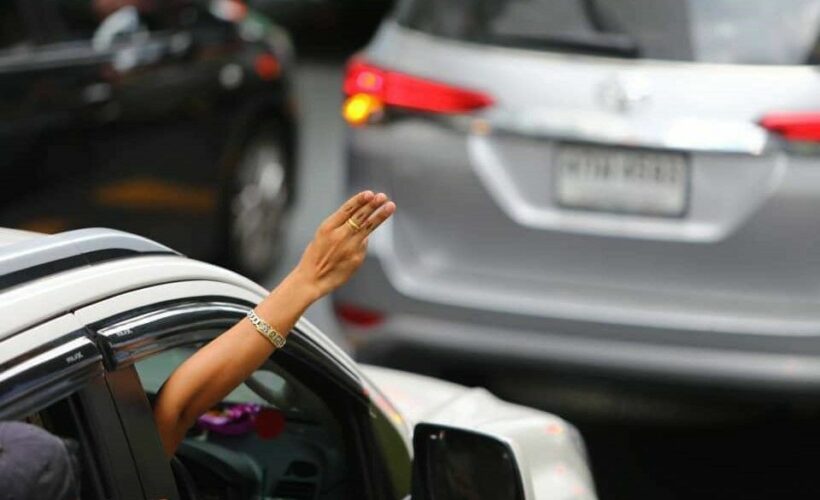Government defends lèse majesté law against UN criticism

Following criticism from a number of United Nations member states, the Thai government has defended the country’s controversial lèse majesté law. The law, or section 112 of the Criminal Code, prohibits insulting, defaming, or criticising the Thai monarchy and carries a penalty of up to 15 years in jail.
Reuters reports that yesterday, a number of UN member countries voiced concern about Thai activists being arrested for calling for reform. The arrests and attempted quashing of protests has led to allegations of human rights’ violations. At yesterday’s meeting of the UN Human Rights Council, several countries called on the Thai government to amend the harsh lèse-majesté law.
Belgium, Canada, Finland, France, Germany, Norway, Sweden, and Switzerland were among the countries to make their feelings known, while the US added that it was concerned by the expanded use of the law to quash dissent and clamp down on freedom of expression.
Thai officials however, fought back, insisting that cases of alleged lèse-majesté violations are handled fairly. Nadhavathna Krishnamra from the Foreign Ministry responded to the criticism by saying the law is in place to protect the monarchy and by extent, national security.
“It reflects the culture and history of Thailand, where the monarchy is one of the main pillars of the nation, highly revered by the majority of Thai people. Its existence is closely linked to safeguarding the key national institutions and national security.”
Reuters reports that since pro-democracy protests began last year, at least 156 activists have been charged with lèse-majesté offences, including 13 minors. Yesterday, the Constitutional Court ruled that 3 activists who had called for royal reforms and for the law to be abolished were guilty of violating the constitution and plotting to overthrow the monarchy. The ruling carried no punishment but the protesters have been ordered to end all such activity. All 3 have denied the accusation.
SOURCE: Reuters
Latest Thailand News
Follow The Thaiger on Google News:



























